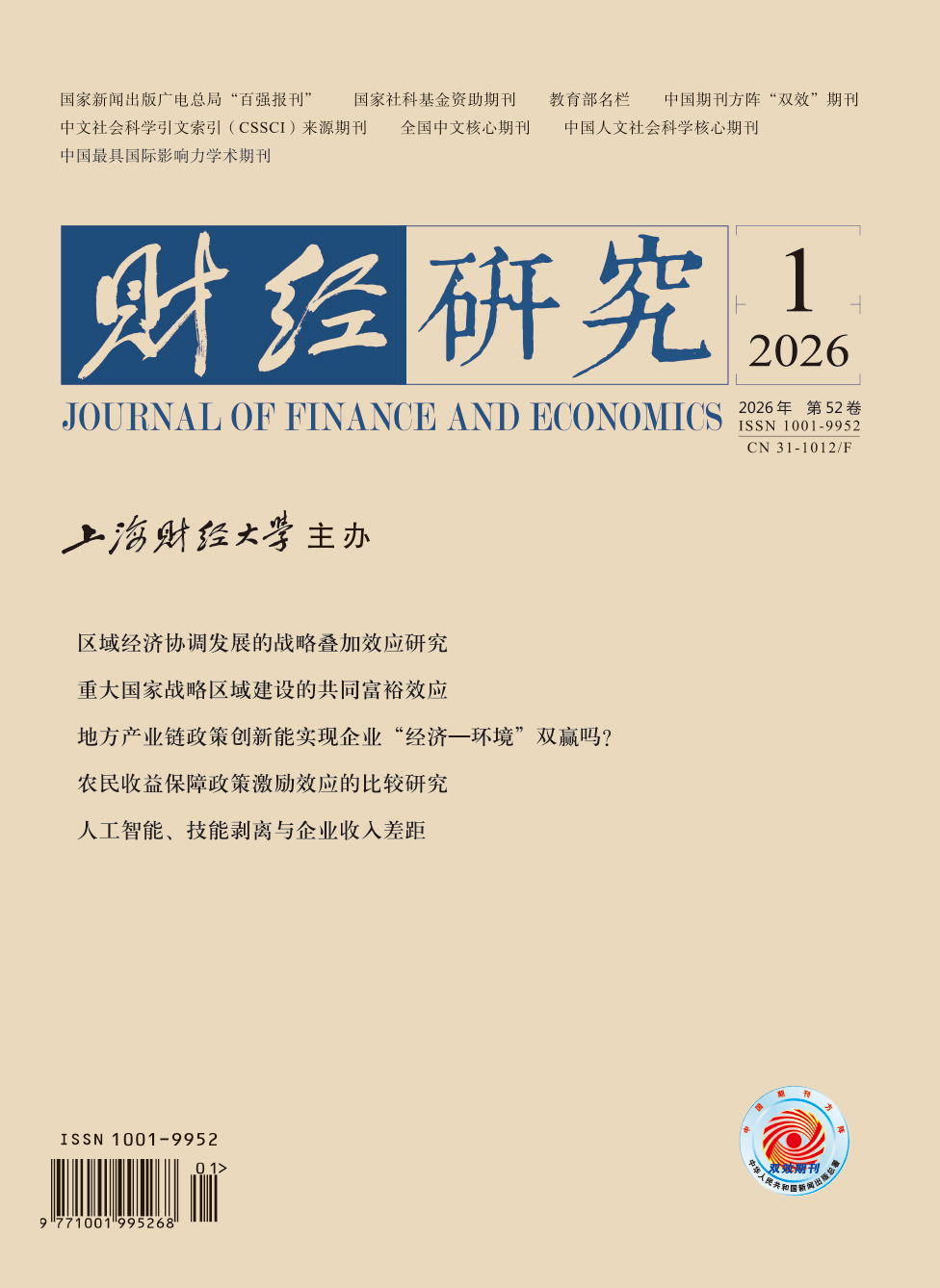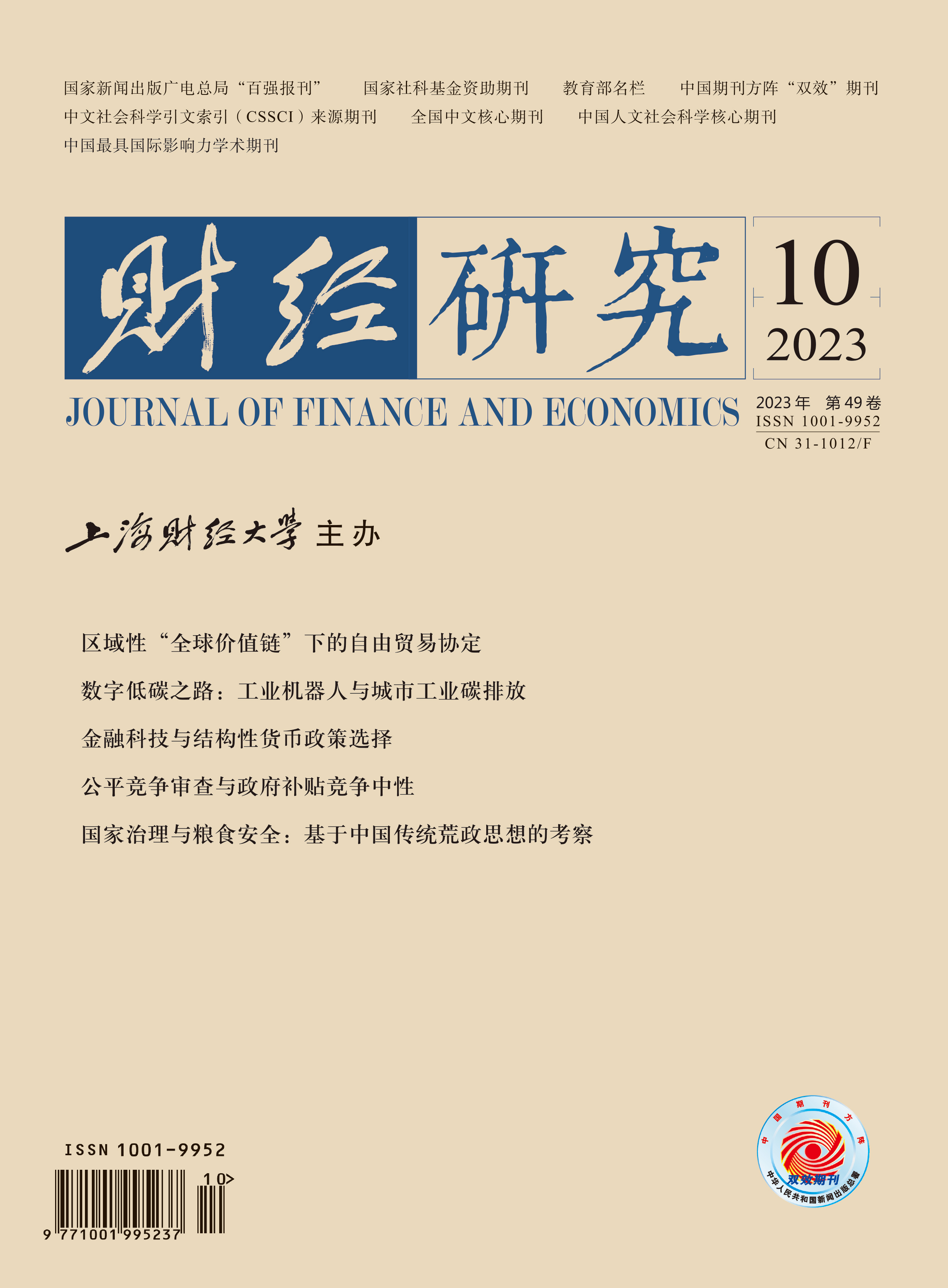A high-quality division of labor system is indispensable for building the new development paradigm with domestic circulation being the mainstay and dual domestic and international circulations reinforcing each other. As a node of the industrial supply chain, enterprises are an important component of the industrial supply chain. Continuously deepening vertical specialization in enterprises is the foundation for promoting industrial transformation and upgrading and enhancing the core competitiveness of the industrial supply chain.
There is little literature on how to promote vertical specialization in enterprises from the perspective of the supply chain. Based on the supply chain governance theory, using manually collected data on supply chain finance business conducted by listed companies, this paper examines the impact of supply chain finance on vertical specialization. It is found that supply chain finance produces a supply chain governance effect, which can promote vertical specialization by reducing transaction costs. Further research reveals that, this effect is more significant in enterprises with weaker market positions and traditional enterprises, and there is a supply chain spillover effect, ultimately having a positive impact on the innovation level of enterprises.
Compared to prior studies, the contributions of this paper are specifically manifested in the following aspects: First, taking the widely emerging supply chain finance business in current business practices as the starting point, this paper expands the relevant literature on the factors influencing vertical specialization, and enriches the application of transaction cost theory in the supply chain context. Second, this paper makes a valuable extension to the literature on supply chain finance. By using the transaction cost theory, it develops a logical framework of “supply chain finance—transaction costs—vertical specialization”, and examines the economic consequences of supply chain spillover effect and enterprise innovation, which is helpful to understand the mechanism of supply chain finance and its multidimensional economic effects. Third, this paper enhances and develops the supply chain governance theory, which provides significant policy implications and practical value for the modernization of the industrial supply chain.





 7724
7724  10285
10285

